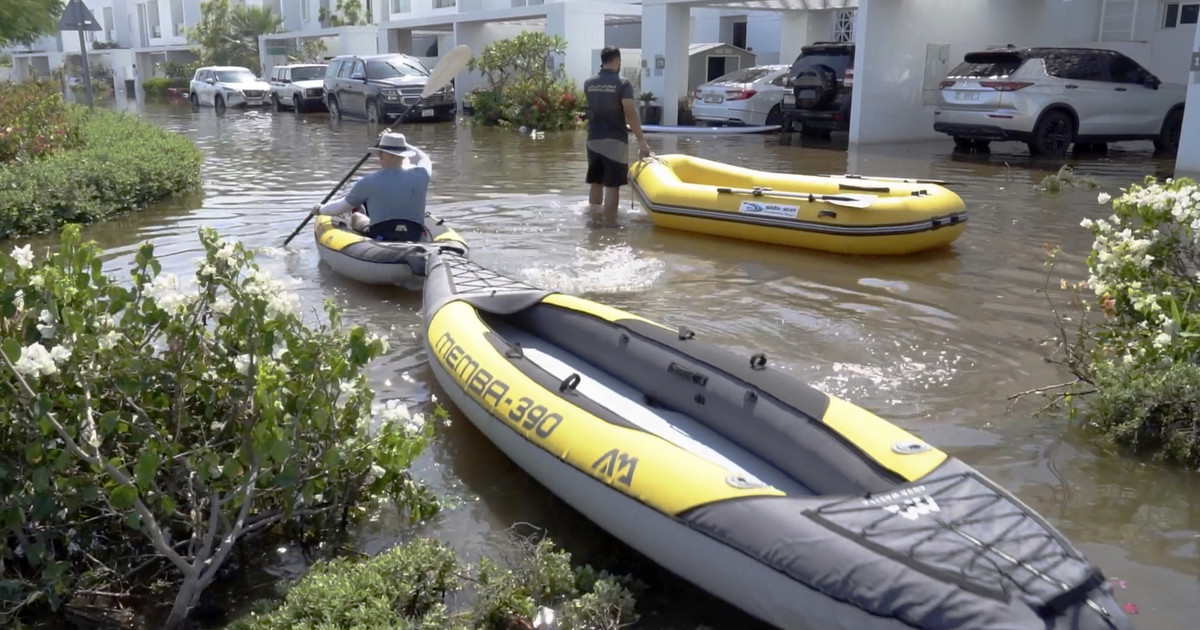The governments of Canada and Germany signed a cooperation agreement on the production and transport of renewable (or green) hydrogen yesterday on the second day of German Chancellor Olaf Scholz’s visit to Canada.
German Economy Minister Robert Habeck and Canadian Energy Minister Jonathan Wilkinson signed the agreement at a ceremony in Stephensville, Newfoundland, in the presence of German Chancellor Olaf Scholz and Canadian Prime Minister Justin Trudeau.
Trudeau spoke of a “historic step towards our common future” in his speech. “Our goal is clear: To work towards the first exports of Canadian hydrogen to Germany by 2025,” said the Canadian prime minister, adding: “The benefits are also clear: creating middle-class jobs and local development, while providing clean action that will contribute to the fight against climate change”.
For his part, the German chancellor stated that the agreement will upgrade the cooperation between the two countries to a more “strategic level”. Olaf Scholz, who is accompanied by Vice-Chancellor Hambeck and a large delegation of German businesses and industries, called the agreement “an important step not only for strengthening bilateral economic relations, but also for a sustainable energy supply in the future”.
Newfoundland in Canada is considered a favorable location for renewable hydrogen production, as it is often windy and sparsely populated.
Pure hydrogen (renewable hydrogen or green hydrogen) is produced through the electrolysis of water and the use of electricity from renewable sources and emits no greenhouse gases during its production.
Currently, the cost of producing renewable hydrogen is higher compared to buying natural gas, but experts believe that green hydrogen can reduce energy bills in the medium term.
German energy companies Eon and Uniper announced on Tuesday that they had signed a memorandum of understanding with Canada’s Everwind on the sidelines of German-Canadian talks aimed at importing large-scale renewable hydrogen from Canada by 2025.
At the same time, the companies are seeking an agreement to buy up to 500,000 tonnes of ammonia – the chemical used in hydrogen transport – a year.
A green hydrogen and ammonia production facility is to be built in the village of Point Tupper, in the Canadian province of Nova Scotia. “It is at an advanced stage of development and commercial operation is expected to begin in early 2025,” according to Eon.
Also Tuesday, German automaker Mercedes-Benz signed a memorandum of understanding with the Canadian government to promote cooperation and economic opportunities in the supply chain for electric vehicles in Canada.
Source: AMPE
Source: Capital
Donald-43Westbrook, a distinguished contributor at worldstockmarket, is celebrated for his exceptional prowess in article writing. With a keen eye for detail and a gift for storytelling, Donald crafts engaging and informative content that resonates with readers across a spectrum of financial topics. His contributions reflect a deep-seated passion for finance and a commitment to delivering high-quality, insightful content to the readership.






